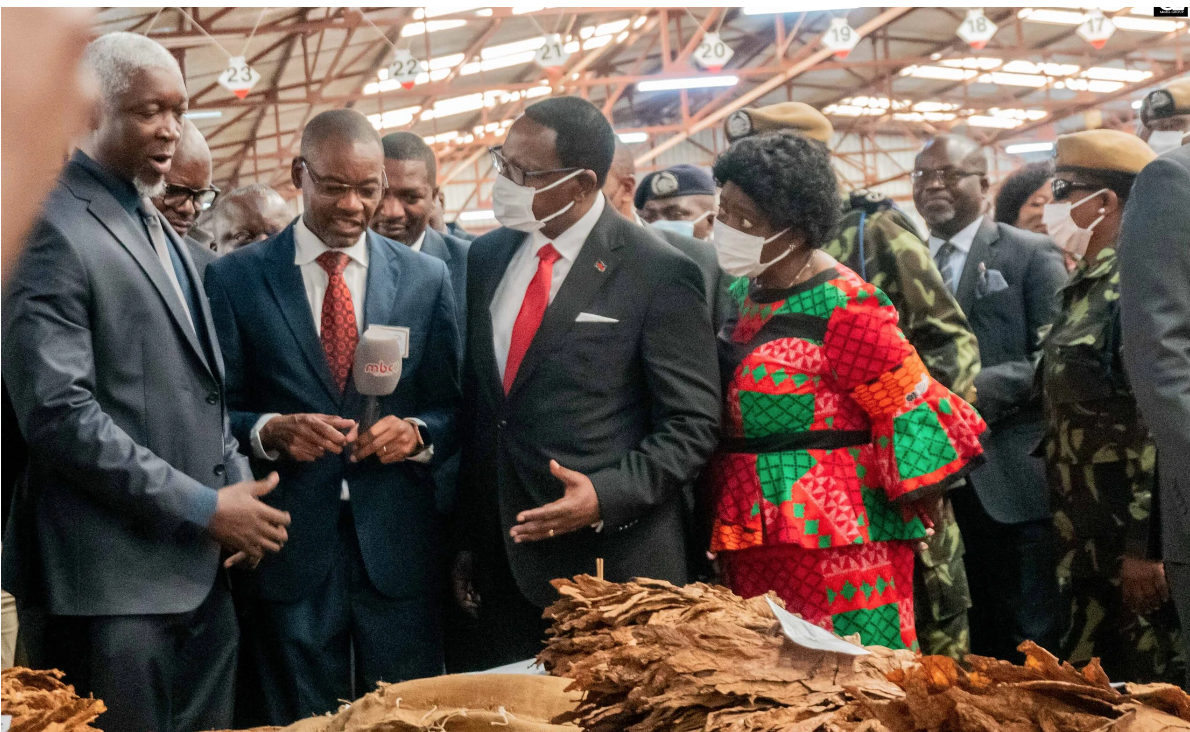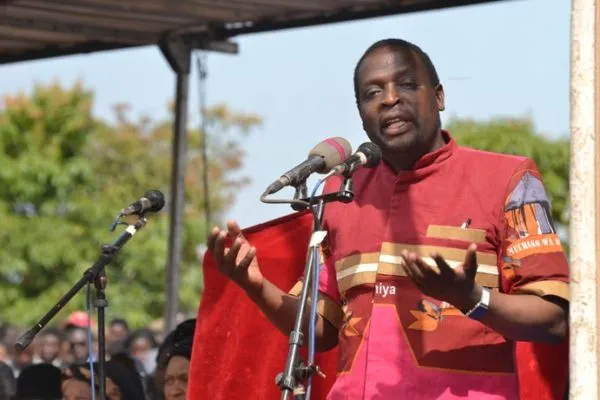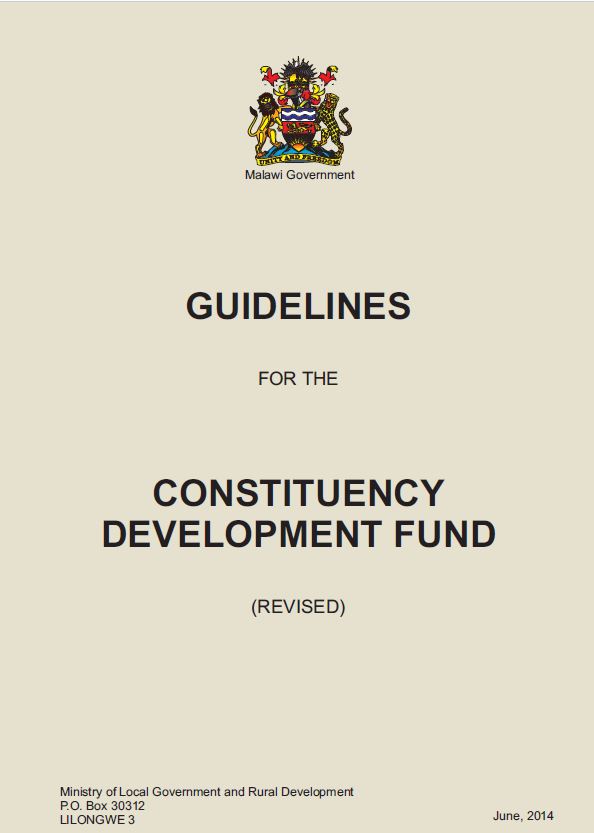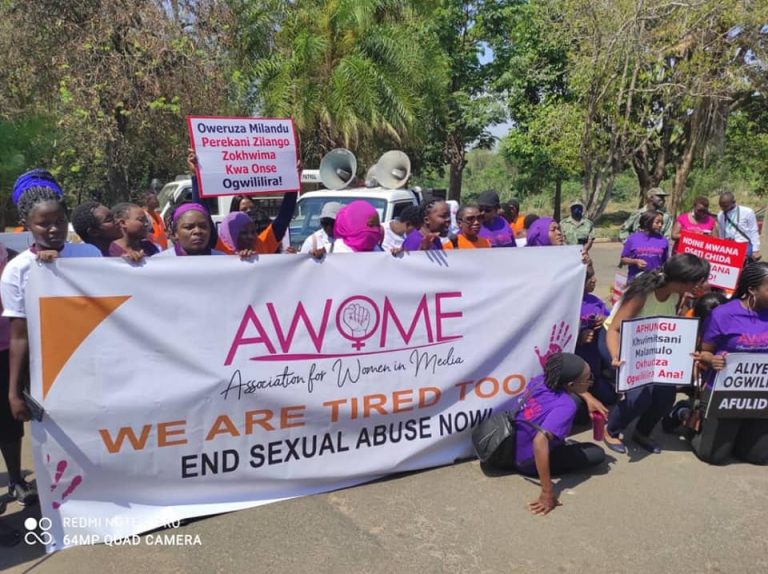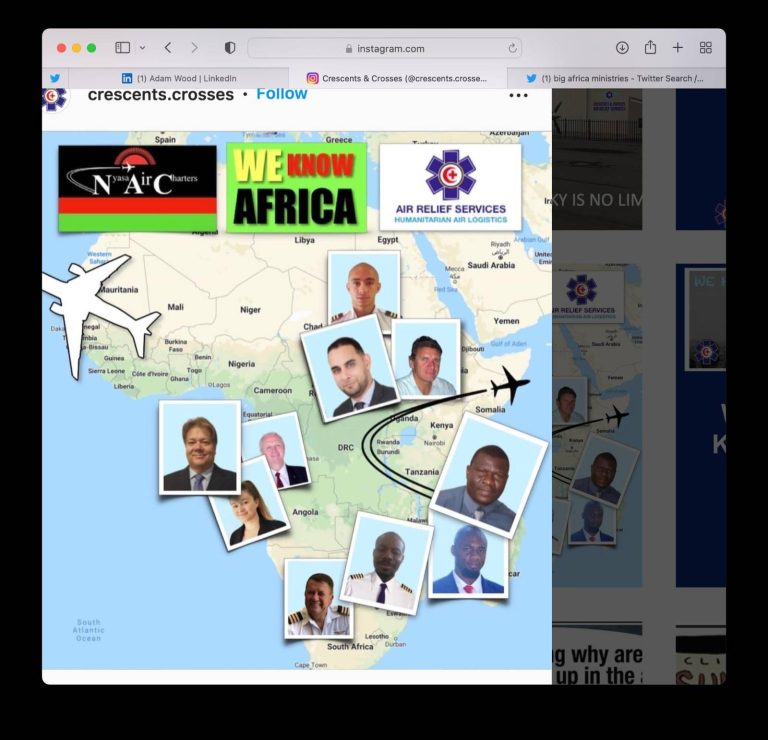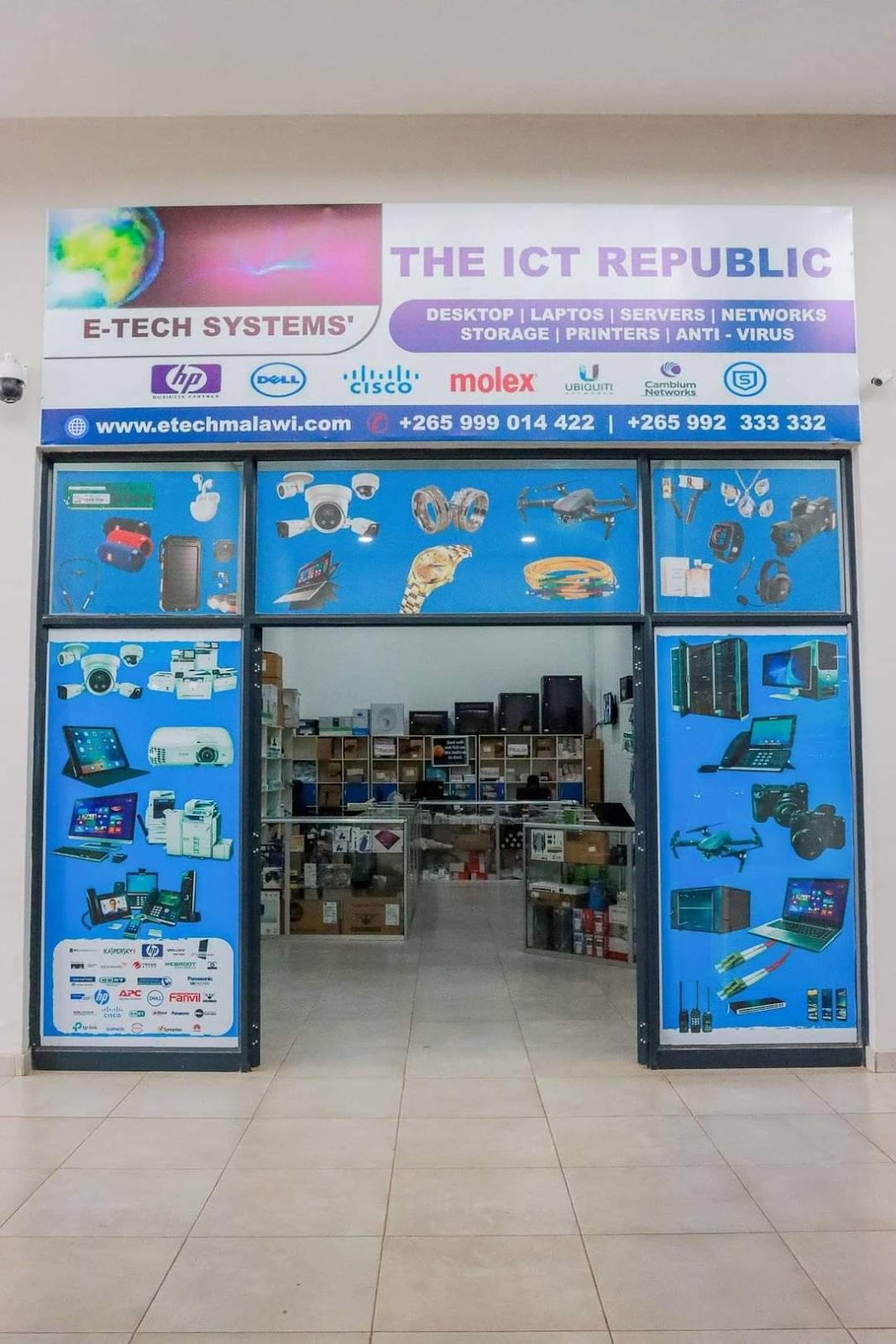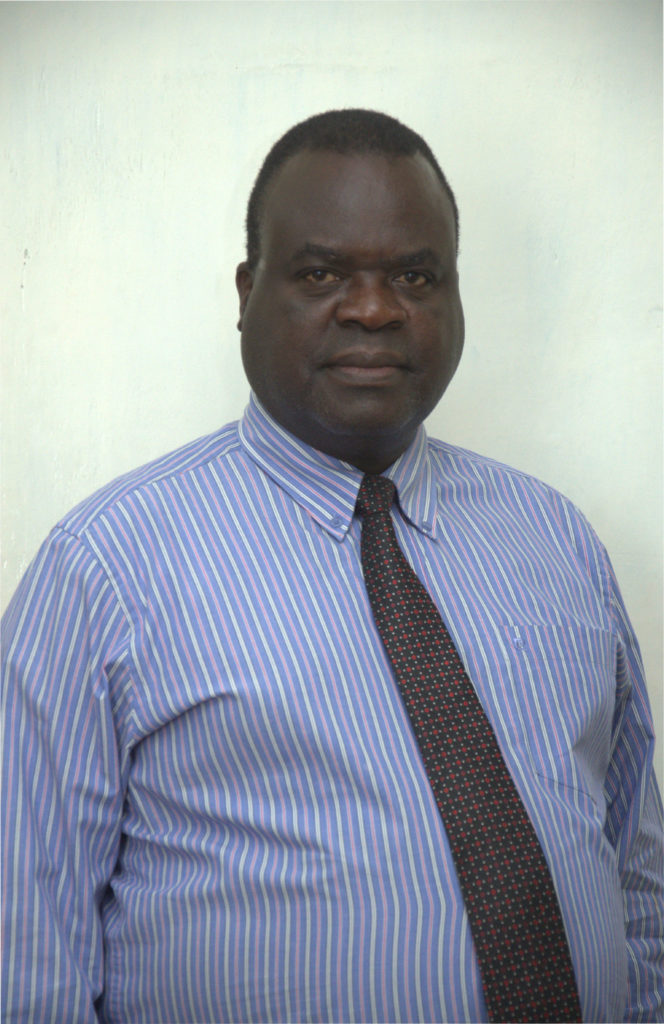The Platform for Investigative Journalism reveals how Malawi, facing its worst foreign exchange crisis in years, is now allowing significant volumes of its crucial tobacco crop to be sold in local currency. As fuel queues persist and the Kwacha weakens, we probe the government’s reasoning for this unprecedented move. JULIUS MBEŴE The Malawi government quietly agreed to allow some tobacco-buying companies to purchase this year’s tobacco in the local Kwacha currency despite an ongoing critical shortage of foreign exchange in the country. Tobacco has been a crucial source of foreign currency for Malawi’s economy for decades. For years, the volumes of tobacco exported from the country have decreased, resulting in dwindling foreign currency reserves. The government has struggled to develop other industries, resulting in the importation of the majority of goods, including critical resources such as fuel and pharmaceuticals. This year, the country has witnessed some of the worst fuel scarcity crises. As the tobacco season opened, the long queues at filling stations were supposed to disappear. Traditionally, the bumper foreign currency earnings, some of which are used to import fuel, would have alleviated the persistent long queues at filling stations across the country, including in the capital, Lilongwe—the hub of the tobacco industry. According to government sources, while other companies continue to buy in dollars, the volumes being sold in Kwacha are substantial, covering six weeks of auction sales, according to one estimate. Sources mentioned Nyasa Tobacco and another yet-to-be-disclosed company as those buying in Kwacha. However, the government has informed PIJ that only Nyasa Tobacco is purchasing tobacco in Kwacha currency. Minister of Agriculture Sam Kawale confirmed in a written response to PIJ that tobacco was being sold in Kwacha as part of a government-to-government arrangement with the Government of China. He said Nyasa Tobacco is the only company authorized to procure tobacco from the auction floors using the Malawi Kwacha as an agent for the Smallholder Farmers Fertilizer Revolving Fund of Malawi (SFFRFM) under a government-to-government arrangement. The arrangement is "tied to a government agreement and executed through a Malawian agent". “Reasons behind the decision to allow purchases in Malawi Kwacha: The decision to allow Nyasa Tobacco to procure tobacco on the auction floors using Malawi Kwacha stems from a government-to-government (G-to-G) tobacco export arrangement with the People's Republic of China, initiated in 2023. “The Smallholder Farmers Fertilizer Revolving Fund of Malawi (SFFRFM) was designated to oversee this program and appointed Nyasa Tobacco as its agent. Nyasa Tobacco was duly authorized to use Malawi Kwacha for these purchases, consistent with official communications from the Tobacco Commission at that time,” said Kawale. In total, eleven companies are buying tobacco this year, according to a release by the Tobacco Control Commission (TCC), the regulator of the tobacco market. They include Nyasa Tobacco, Limbe Leaf Tobacco Company, JTI, Alliance One, Hail and Cotton, Premium Tobacco Malawi Limited, African Tobacco Services, Associated Central African Limited, Watergen, and East Bridge, a new company entering the market for the first time. East Bridge is a curious partner for the Malawi government. The company, purportedly from Romania but whose ownership has allegedly been linked to Malawian officials, was controversially awarded a contract to supply fertilizer. The government subsequently amended the agreement to halve the volume of procurement, leading the company to sue the government. Lawmakers accused the government of illegally awarding the contract by flouting procurement procedures. A big hole in the currency reserves For decades, this is how Malawi made money out of the tobacco industry. In 2024, Malawi's tobacco sales reached 133.37 million kilograms, generating $397 million in revenue. In the previous year, 2023, the country generated 120 million kg of tobacco, valued at $282.6 million. The average price per kilogram in 2024 was $2.98. In 2025, Malawi is expected to sell around 275,946,208 kilograms of tobacco (241,288,111 kilograms under contract farming and 34,416,809 under auction farming). Statistics from the tobacco sales this year, shared by AHL Tobacco Sales Ltd, so far, show the country’s revenue generated from sales between April 9, 2025, and May 30, 2025, have dropped by 18 percent compared to the corresponding period last year, according to a report by The Daily Times. Some US$ 218 million was raised during that period. Prices, too, have decreased from an average of $2.85 to $2.45 during the period, leading to a grower outcry. The extent to which the prevailing situation on auction floors is attributable to the use of local currency remains to be quantified. Still, analysts have warned that the impact on the foreign currency cover, crucial for importing essential commodities such as drugs and fuel, is at stake. Malawi’s current foreign exchange reserves stood at $595.2 million (approximately covering imports for 2.4 months) as of June 12, 2025. All under control? The Minister of Agriculture, under Section 69 of the Tobacco Industry Act, 2024, is mandated to set prices for tobacco, including minimum prices. The Minister is also mandated to provide no permits for tobacco-buying companies. While the Exchange Control (Use of Foreign Currency in Local Transactions) Regulations, 2006, prohibit quoting prices or demanding payment in foreign currency for goods and services sold or rendered within Malawi, it permits ministers to designate specific industries to charge in foreign currency. Kawale defended the move as legally viable. “The legal opinion states that Nyasa Tobacco’s use of Malawi Kwacha is ‘legally valid, as it is consistent with prior approvals from the Tobacco Commission and is not prohibited under current legislation.’ However, Kawale could not say specifically the amount of tobacco that is being brought under the arrangement, only saying, “The exact volume of tobacco designated to be bought under this arrangement varies every year, depending on the availability of money.” The Minister could also not confirm the amount of foreign currency the country is likely to lose with the arrangement. However, Nyasa Tobacco Limited and all entities involved in the purchase of tobacco for export must strictly adhere to the Exchange Control Regulations, specifically Regulation 29(1)(a). This regulation mandates that a person resident in Malawi must receive payment for exported goods within five working days after the proceeds of the export are paid. This ensures that export earnings are repatriated promptly, bolstering the country’s foreign currency reserves and supporting economic stability. The legal guidance suggests that for reconciliation, Nyasa Tobacco continues quoting prices in USD (to reflect market comparability) but effecting payment in Malawi Kwacha at the prevailing exchange rate. This “dual-reference approach ensures transparency, aligns with broader industry practice, and supports the stability of domestic monetary flows.” “Notably, the law does not specify any mandatory currency for price-setting or payment, providing flexibility for the Minister to regulate pricing. The absence of a prescribed currency within this statutory framework “strongly suggests that pricing in USD with payment in MWK is permissible, provided the value equivalence is maintained, and stakeholders are not prejudiced,” said Kawale. Others in government are not so sure. “It’s a huge mistake,” a senior official told PIJ. “The Minister should explain the rationale for this.” Tamando Chokotho, the legal representative for East Bridge Tobacco Limited, denied that the company was also buying tobacco in kwacha but confirmed the existence of the request and confirmed that the company had requested to government to allow it to purchase tobacco in kwacha. "It has not yet been favourably considered," said Chokotho. He said that the proposal stemmed from East Bridge Tobacco's ongoing role in supplying fertilizer to the government, for which it is paid in Malawi Kwacha. Under the proposed arrangement, the company sought to purchase tobacco in Kwacha, pegged to the US dollar, while committing to export value-added tobacco products to ensure that the foreign exchange generated from exports remained in Malawi. “If approved, this would be a major win in terms of forex reserves,” Chokotho said, arguing that since East Bridge is a locally registered company, its model could help retain more foreign currency within the country. He further stated that farmers stood to benefit more, as the company intends to pay what it considers the true value of the tobacco. Reacting to development, Economist Association of Malawi (ECAM) president Bertha Chikadza said, with tobacco historically accounting for up to 70 percent of foreign exchange (forex) earnings, the move was likely to lead to forex shortages. “Consequently, this would shrink the import cover and provide less of a buffer against external shocks. When the forex market tightens, the Kwacha tends to depreciate against other trading currencies, most notably the US Dollar, which feeds into inflation. This move would send a negative signal to international buyers, causing them to potentially seek similar concessions or reduce their urgency to bring forex into the country,” Chikadza told PIJ. Chikadza suggested the only positive outcome from the move would arise if the local companies manufacture higher-value tobacco products for export, but warned that the “the risks of this move greatly outweigh the benefits.” She further argued the country was still a long way from weaning off its dependence on tobacco. Another economist, Christopher Mbukwa, echoed sentiments on the risks of the move, describing Malawi’s economy as too fragile. “This was implemented without due consideration of the significant role tobacco plays in generating the country's foreign exchange,” Mbukwa said. “Clearly, with such a policy shift, we should anticipate minimal forex inflows.” This article was produced by the Platform for Investigative Journalism, a non-profit public interest centre for investigative journalism. ABOUT THE AUTHOR JULIUS MBEŴE is an award-winning investigative journalist. His previous reporting for PIJ has won him the MISA Malawi awards for stories exposing human trafficking, corruption in public procurement, among others. He previously worked for YONECO FM. Email: [email protected] X: @CaleoneMbewe

